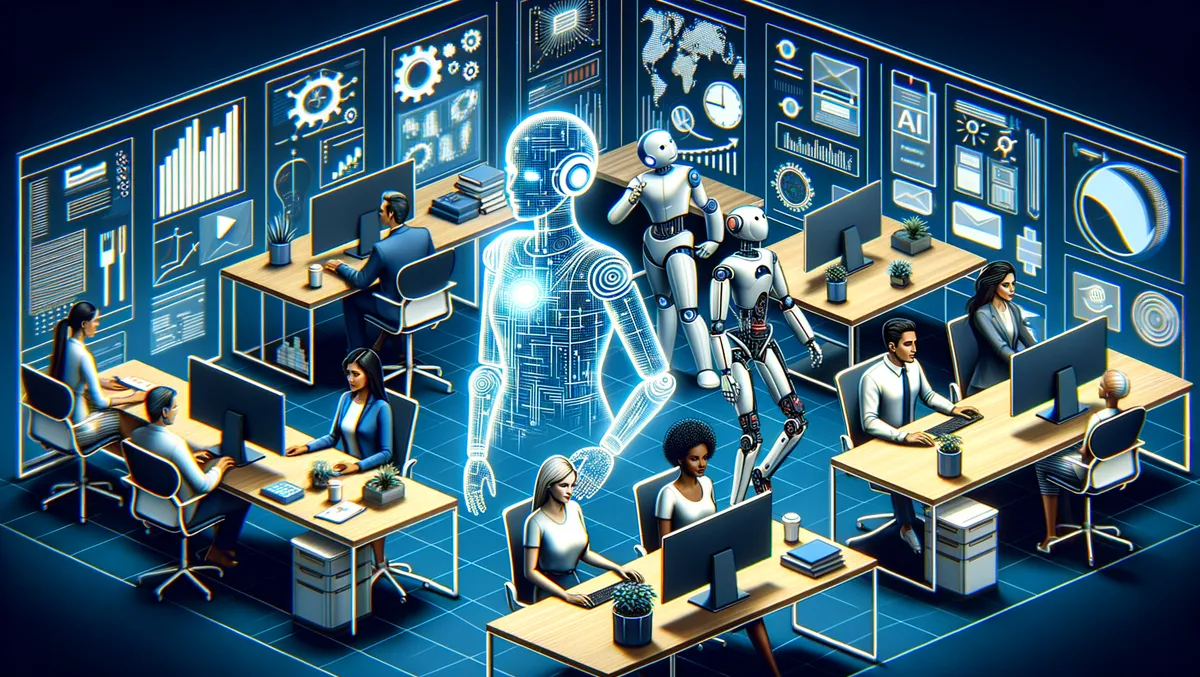
AI revolutionising industries, redefining professional roles
Artificial Intelligence (AI), having reached new heights in proficiency and applicability that are fast-approaching, even rivalling human potential, has the power to radically reshape industries and redefine professional roles. This effect is being keenly felt by companies such as NEI Global Relocation, a top-ranked business relocation service with working relationships with over 200 clients, including Fortune 500 and Fortune 1000 companies.
"It's hard to overstate what 'work' means to humanity—it's an integral part of what we do. A defining characteristic. From chariots to cathedrals, currency, jet planes, and colliders, our hunger for innovation is plain as day. But will our pursuit of technological advancements lead to further flourishing, or will we work ourselves out of a job?" providing thoughtful commentary on the global AI situation.
One crucial way AI is changing work dynamics is through the automation of routine, repetitive tasks such as those found in manufacturing and food processing, as well as data-heavy jobs like clerical work and data entry. This is not merely about making tasks easier or faster; instead, it opens up opportunities for employees to focus on aspects such as product quality, customer support, and innovation with more depth and dedication.
In sectors where automation is well-established, such as automobile manufacturing, AI could serve to improve efficiencies, rather than taking over human jobs. However, in creative sectors and industries that rely on complex human input like coding and content generation, AI is positioned to make a profound impact.
With the growing incorporation of AI solutions in business environments, companies are increasingly seeking talents proficient in creating and using AI to fulfil organisational objectives. This shift is setting new standards for recruiting, highlighting the importance of AI fluency in the contemporary job market.
The integration of AI and digital technologies is also facilitating the globalisation of workforces. This development is leading to more diverse and geographically dispersed teams. Such decentralisation presents opportunities for companies to tap into a wider talent pool. However, it also introduces the challenges of managing a remote workforce.
Indeed, we are witnessing a transformation. Automation and AI are undeniably changing the very definition of work and are deeply altering the business landscape. The inevitability of change demands not only an understanding and adoption of these technologies but a careful consideration of the socio-cultural implications they carry. The balance between human roles and AI input will shape the future of industries and workforces alike.


